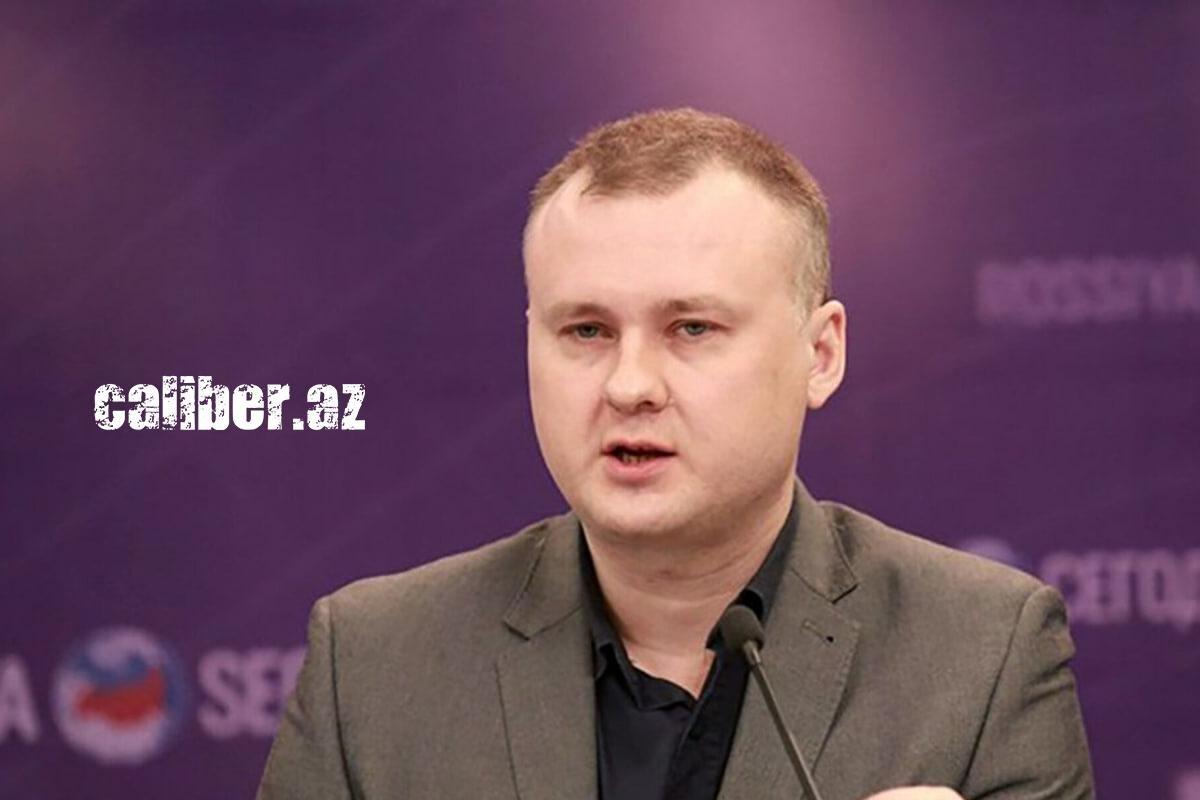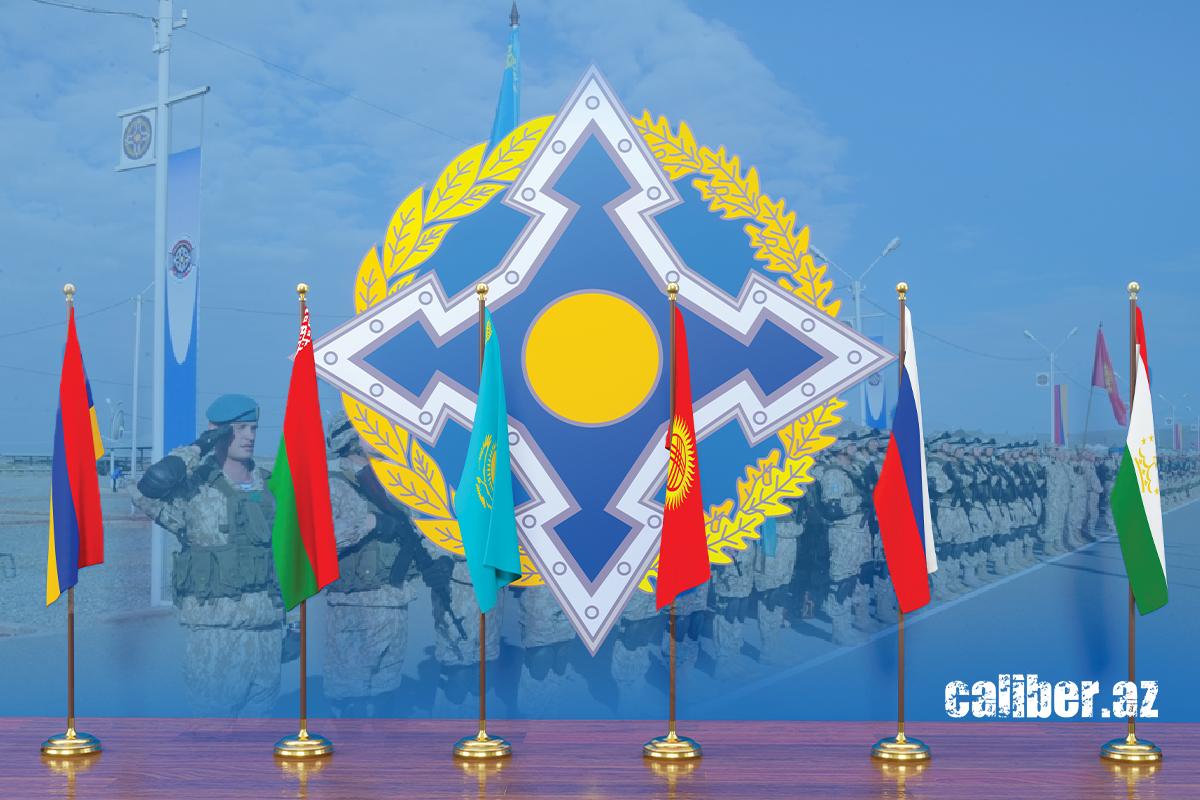"Russia-Armenia political cooperation on verge of rupture" Vladimir Kireyev on Caliber.Az
Caliber.Az presents interview with Vladimir Kireyev, Russian political scientist, head of the analytical department of the International Eurasian Movement.

-Vladimir Konstantinovich, what has changed in Moscow's policy in the South Caucasus?
- Moscow's policy in the South Caucasus last year was quite balanced, consistent, and in line with the agreements reached within the framework of allied relations with the regional countries. First of all, I would like to underline that the past year was quite rich in terms of implementation of joint projects between Russia and Azerbaijan. For example, both countries participated in a number of projects, among which the most topical is the North-South transport corridor, which provides for transit through Russia, Azerbaijan, Iran and further to India. Along with great economic benefits, it can also bring political benefits for the countries participating in the project, which is of crucial importance in the context of globalization of geopolitical processes.
I would also mention the factor of Russia's growing cooperation with important actors of regional politics as Türkiye and Iran.
As for Russia's relations with Armenia, the picture is quite the opposite. Russian-Armenian relations have noticeably cooled down due to Yerevan's pro-Western policy and unjustified demarches against Moscow. As a result, political cooperation between Russia and Armenia has actually been nullified and is close to the breaking point, although bilateral economic ties within the Eurasian Economic Union (EAEU) remain. It is quite obvious that Pashinyan's Armenia prefers the growth of cooperation with Western countries, which is also quite natural, given that Nikol Pashinyan came to power with a specific program aimed at Armenia's departure from Russia and withdrawal to the West. I believe that this policy of Armenia will continue this year as well.
-Does this fact reduce the probability of concluding a peace agreement between Baku and Yerevan moderated by Moscow?
- The fact is that the signing of a peace agreement with Baku is perceived in Yerevan as an unambiguous capitulation of Armenia. Therefore, most likely, the leadership of this country will continue to delay this issue. Yes, the Armenian authorities pay lip service to the necessity and even readiness for peace with Azerbaijan, but in reality, it is far from being in the interests of Yerevan.
Of course, Russia will make efforts to bring the moment of a peace agreement between Azerbaijan and Armenia closer, but I do not think that this will lead to the achievement of this goal in the foreseeable future, primarily because of the position of Yerevan. On the other hand, we should not discount the fact that Russia's influence on Armenia has significantly decreased due to Yerevan's openly pro-Western policy.
-Is Russia ready to give up on Armenia?
- Russia is keen to keep Armenia in the orbit of its interests for a number of reasons: to prevent NATO from entering the Caucasus, to maintain its leadership in the region, to strengthen relations with Türkiye and Iran, to develop relations with Georgia, and, finally, to maintain its military presence in Armenia itself. Since Nikol Pashinyan came to power, Armenia has effectively abandoned Russia's security umbrella, so it remains to be seen whether the current government will be replaced by adequate forces capable of building normal relations not only with Moscow, but also with all neighboring states in the region.

- By the security umbrella, do you mean the Collective Security Treaty Organization (CSTO) as well?
- Armenia has practically suspended its membership in the CSTO, although it does not formally declare its withdrawal from the military bloc. Yerevan has refused to chair the organization and ignores the CSTO's legal and political agenda. I think Armenia fears that the situation with Azerbaijan may become more complicated and then it will have to turn to the CSTO for help, and in this regard, it is in no hurry to leave the organization. But this, again, is a matter of time.
- What is the approximate timeframe for this to happen?
- I think that this year or next year Armenia will announce its withdrawal from the CSTO and will officially start reorienting to NATO structures.
- Do you admit a new Armenia-Azerbaijan war against the backdrop of the activation of revanchist forces in Yerevan?
- Armenia will not risk starting a war with Azerbaijan in the near future; it has neither the necessary military and economic reserves nor the political will to do so. But I would not rule out some provocations, including with the support of external forces.
- Do you mean France?
-France, as well as the United States, tries to gain a foothold in this strategically important region through Armenia, so it will do it through provocations, fueling Armenian revanchism. Paris also needs such tactics to squeeze Moscow out of the region and control the transportation corridors involving Azerbaijan, Iran, Russia and Türkiye. Therefore, France is likely to make every effort to enter the region in the medium term.








